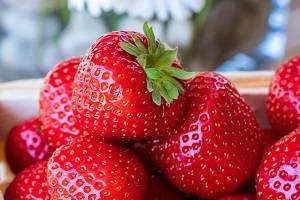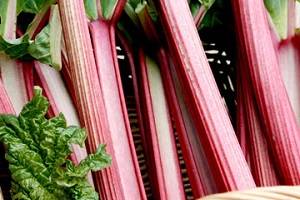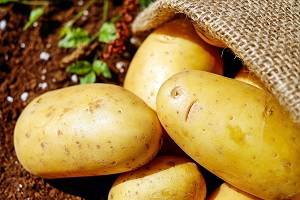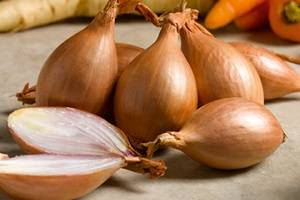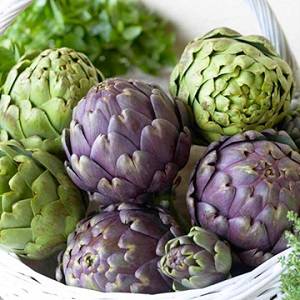- Seeds
- Plants & Bulbs
-
Fruit
-
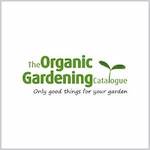 Strawberry Plants
Strawberry Plants
Browse our hand-picked range of delicious and decorative strawberry plants.
Shop now
-
 Soft Fruit
Soft Fruit
View our range of soft fruit, including the first edible to win at RHS Chelsea.
Shop now
-
 Fruit Trees
Fruit Trees
Discover our range of organic fruit trees, from apples & pears to quinces & plums.
Shop now
-
 Rhubarb Crowns
Rhubarb Crowns
Browse our selection of delicious rhubarb crowns and rhubarb forcers.
Shop now
-
-
Potatoes, Onions & Garlic
-
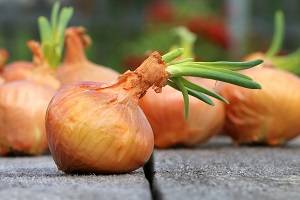 Onion Sets
Onion Sets
Browse our onion selection, featuring customer favourites and new varieties.
Shop now
-
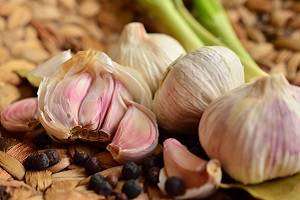 Garlic Bulbs & Plants
Garlic Bulbs & Plants
Browse our range of garlic, from red and white to the giant elephant!
Shop now
-
- Equipment
- Outdoor Living & Wildlife
- Special Offers


